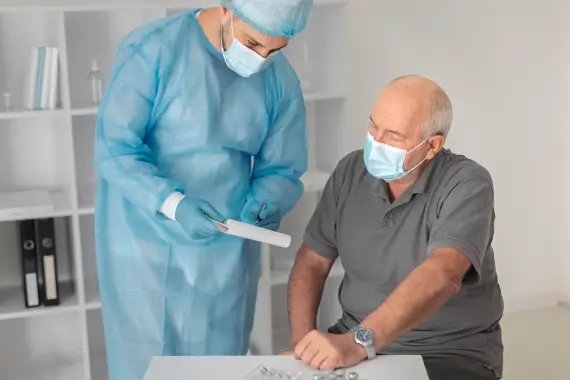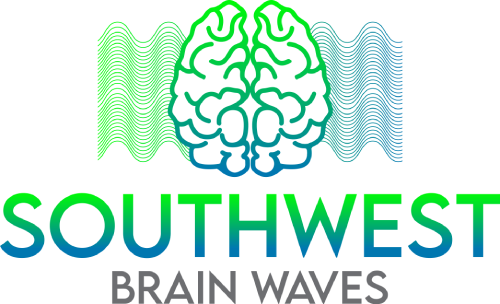Parkinson’s Disease

About
Parkinson’s Disease
About
Parkinson’s Disease

Key Points About Parkinson’s Disease
Parkinson’s disease is a slowly degenerative disease that affects mobility, speech, and general body motor function. This condition worsens gradually over time, making the patient look worse.
Specific causes aren’t known, but secondary predisposal factors are well known. Factors like genetics, toxic metal poisoning, impaired liver function, and age can predispose a person to Parkinson’s disease.
Treatment with drugs has been the notable course of action; however, these come with unpleasant side effects. While some drugs can impede motor function even further if not taken enough, others can cause excessive unwanted mobility when overdosed on. Finding a sweet spot that does the job without issues is the biggest challenge in using medication for Parkinson’s disease.
Surgical procedures are effective but only for about 10% of patients and unfortunately, come with serious risks.
Deep TMS Treatment of Parkinson’s Disease
Ready to learn more?


